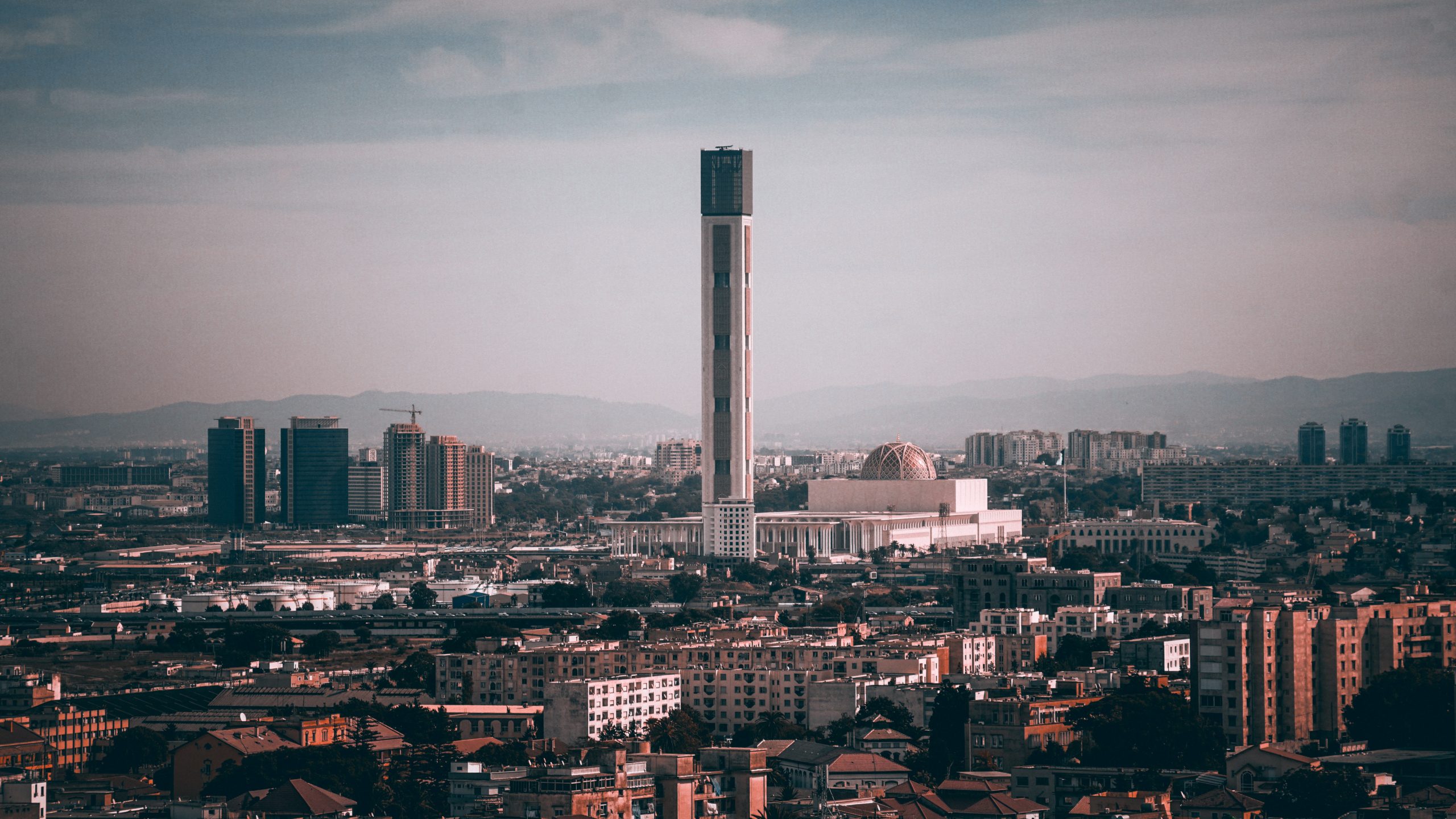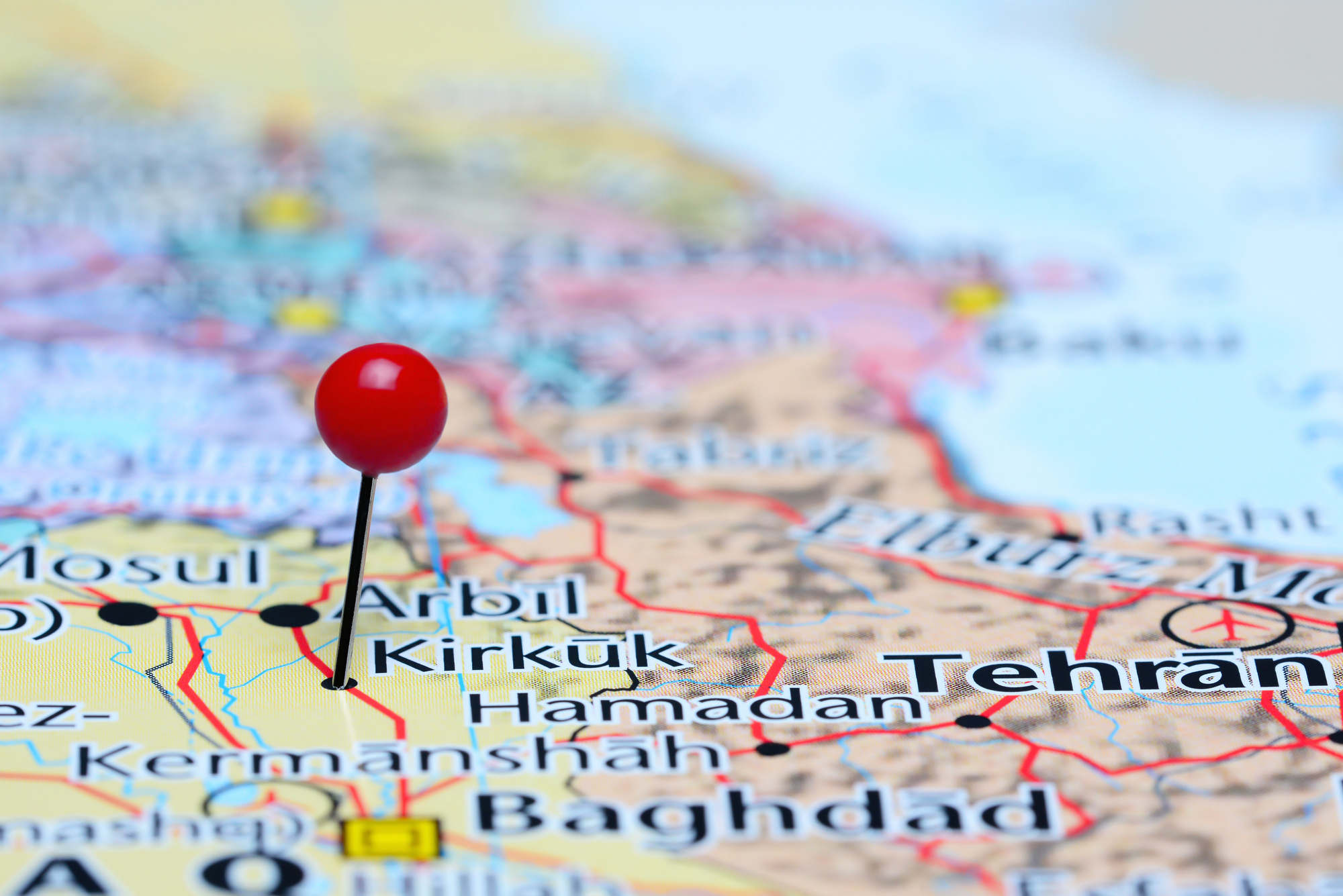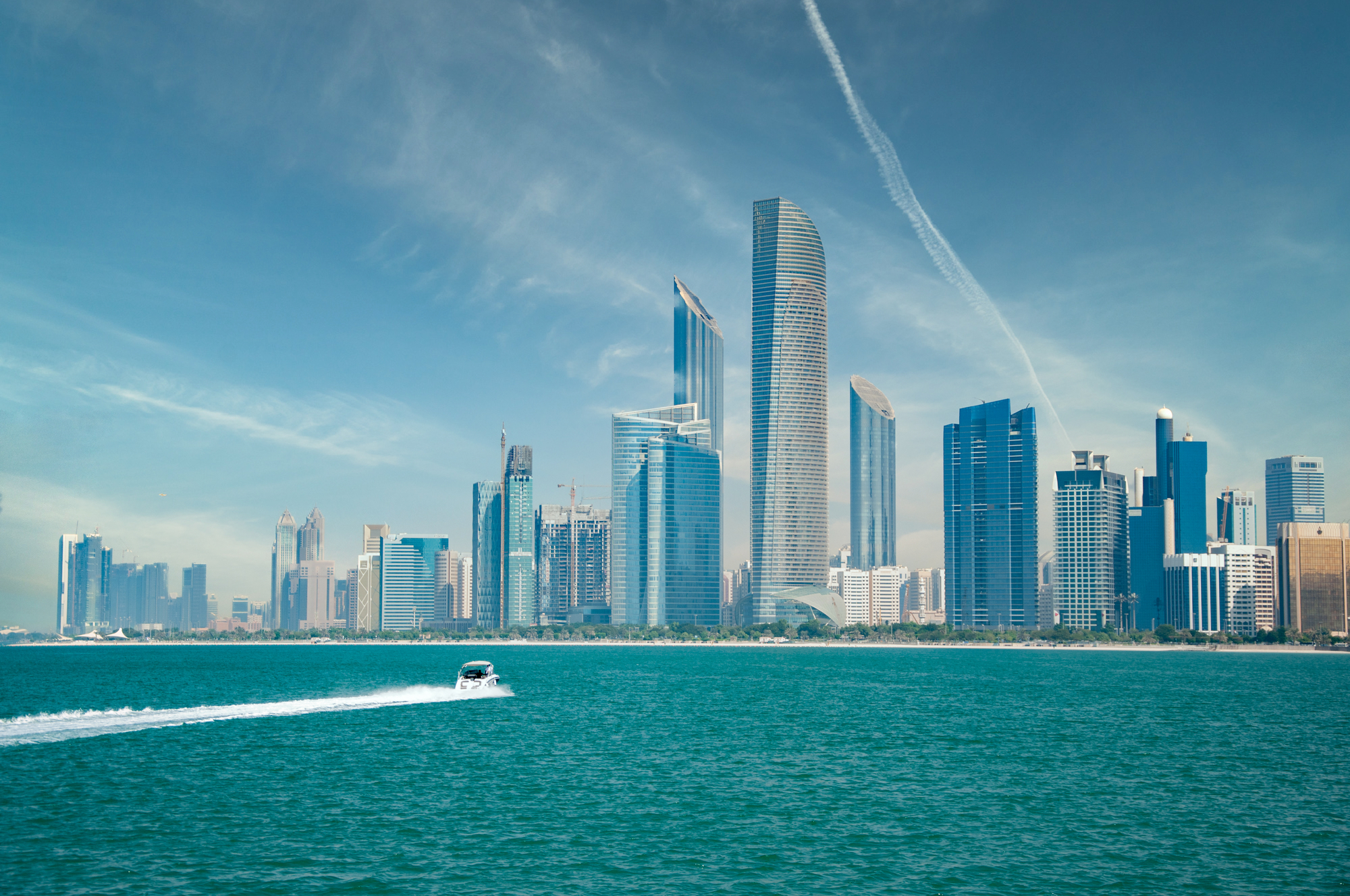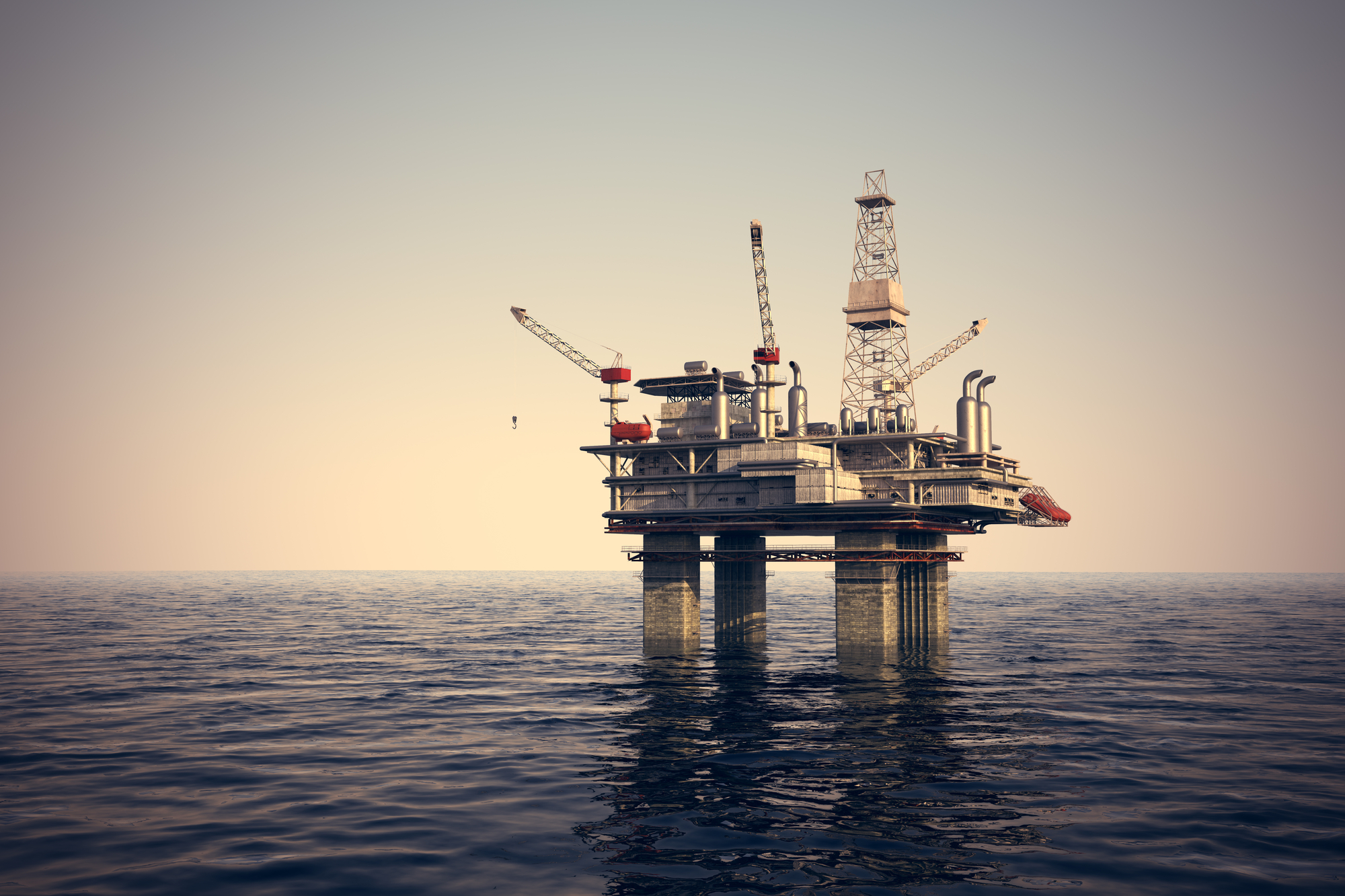Algeria is an OPEC member country and ranked sixteenth in proven oil reserves. The North African nation is home to a variety of geological formations that yield great profits from its oil and gas sector.
Algeria has five major geographical regions that are endowed with different geological formations: the Sahara Desert, the coastal plains, the Atlas Mountains, the Kebdji-Beni-Taghaza region and the Jijel-Tissemsilt basin. These different geographical areas help Algeria to produce various types of crude oils. In this article, we will explore in detail what condensate is, its production in Algeria, its price, as well as its transport and storage methods.
What is Condensate?
Condensate is a type of crude oil that is found in high-pressure regions and contains some natural gas. It can be as viscous as 600,000 mm3/s (the equivalent to 700 barrels per day) or as thin as 5 mm thick.
The Condensate Occurrence Unit (COE) refers to condensate that is produced in Algeria and the world’s production capacity of this specific type of crude oil. This unit measures the amount of condensate that is produced worldwide. In 2016, Algeria accounted for 65 percent of global COE production, with an overall production capacity of around 12 million barrels per day.
Production and import of condensate in Algeria
Algeria crude oil is mainly produced from the oil reserves in Sahara Desert, the coastal plains, the Atlas Mountains and the Kebdji-Beni-Taghaza region. Oil production in Algeria is 1.4 million barrels of crude oil per day (b/d) and about 1.2 million barrels of condensate per day.
The two main types of condensate produced in Algeria are Algiers condensate and Saharan condensate. Algiers condensate is a light oil that contains higher levels of naphtha than other types of crude oil. This type of crude oil is mainly produced in Algeria’s southern region and it only accounts for 10 percent of total production. The vast majority of Algerian crude oil production comes from Saharan condensates, which is characterized by its high sulphur content and relatively low viscosity.
Algeria produces about 0.1 million b/d of natural gas liquids (NGLs) from its gas reserves, but they are mostly exported to Europe or sold locally as feedstock for refinery operations.
Condensate transport in Algeria
Condensate is the liquid that is evaporated from crude oil. Condensate pipelines transport condensate to the plants where it is reinjected into the crude oil field for further processing. In Algeria, there are two major types of condensate pipelines: vapor transmission and gas transmission pipelines.
The vapor transmission line transports condensate at a pressure of up to 4 bar and temperatures as low as -30 degrees Celsius. The gas transmission line transports condensate at a pressure of up to 10 bar and temperatures as high as 0 degrees Celsius.
Storage of condensate in Algeria
Condensate is often used as a fuel in petrochemical plants. Workers at petrochemical plants use condensate to generate gas, which is used for the production of ethylene and propylene. In Algeria, condensate is stored in salt caverns, which are created by mining around the existing formations that contain the oil or natural gas. The storage of condensate in salt caverns has been found to be safe and effective because it prevents any environmental contamination.
Why Does Algeria Produce Condensate?
Algeria has been producing condensate since the 1960s. The crude oil produced in Algeria is normally obtained from the Oran Basin, an area that extends from north to south along Algeria’s Mediterranean coast. To produce this type of crude oil, it is necessary to heat up the crude oil to a very high temperature. This process causes the heavier hydrocarbons to evaporate and condense into lighter hydrocarbons.
The production of condensate also helps Algeria maintain its current level of production as well as diversify its economy by obtaining more export revenue and less reliance on natural gas exports. This type of crude oil is mainly consumed locally, but some countries such as Egypt, Syria, Iraq and Libya consume it for their petrochemical industries.
Major players in the Algerian condensate market
The major players in the Algerian condensate market are the National Oil Company Sonatrach, BP and TotalEnergies. These three companies dominate the Algerian crude oil sector.
Sonatrach is the national oil company of Algeria and its petroleum operations are mainly located in Hassi Messaoud. This company produces light sweet crude oil from a variety of geological formations. TotalEnergies is a French multinational oil and gas company that has its own operations in Algeria. The corporation is involved in exploration, production, refining, marketing, transportation and distribution of hydrocarbons. BP is a British multinational conglomerate that deals with upstream oil and gas exploration activities globally as well as marketing and distribution of refined products worldwide.
Typically, Sonatrach sells its condensate to local refineries or to other foreign multinational corporations that have their refinery in Algeria. BP, on the other hand, sells its condensate to Sonatrach or other firms operating within the country.
Algerian Crude Oil Price
Algerian crude oil is significantly different from other types of crude oils like Saudi and Venezuelan. In the past, Algeria has produced condensate at a rate of up to 20 percent of total production (which in today’s market is approximately approximately 800,000 barrels per day). This means that Algeria has some of the lowest-priced oil on the planet.
The price of Algerian condensate fluctuates depending on global benchmarks, as published by price reporting agencies. Trading by international oil companies as well as Sonatrach and its foreign partners. Phycomex helps with the procurement of this commodity market data, including cost of Algerian Crude oil today for instance. Our clients typically reduce oil market data costs and subscriptions by up around 20%. Contact us to learn more about oil and gas prices and why the energy sector trusts Phycomex to help reduce market data costs.
Another factor that influences the price of condensate is its transportation method, which is usually trucking.
A significant amount of Algerian condensate oil is used in European refineries as it yields higher quality than most other types of crude oils. However, this type of crude oil is more expensive than most other types of crude oils.
Conclusion
Hydrocarbon production is one of the most important and valuable things for the Algerian government.
Algeria Concentrate is different than crude oil because it is separated from other components of crude oil, such as gas and liquid, by the condensate separator. It is then refined into many types of products, including gasoline and various types of chemicals. Notheless it has a huge impact on global oil supply and demand which is why the price of Algerian crude oil is a benchmark.
Major players in the Algerian condensate market is TotalEnergies, which owns a refinery and large amounts of condensate storage facilities in Algeria. Other major oil companies operating around North Africa include BP and Eni.






0 Comments